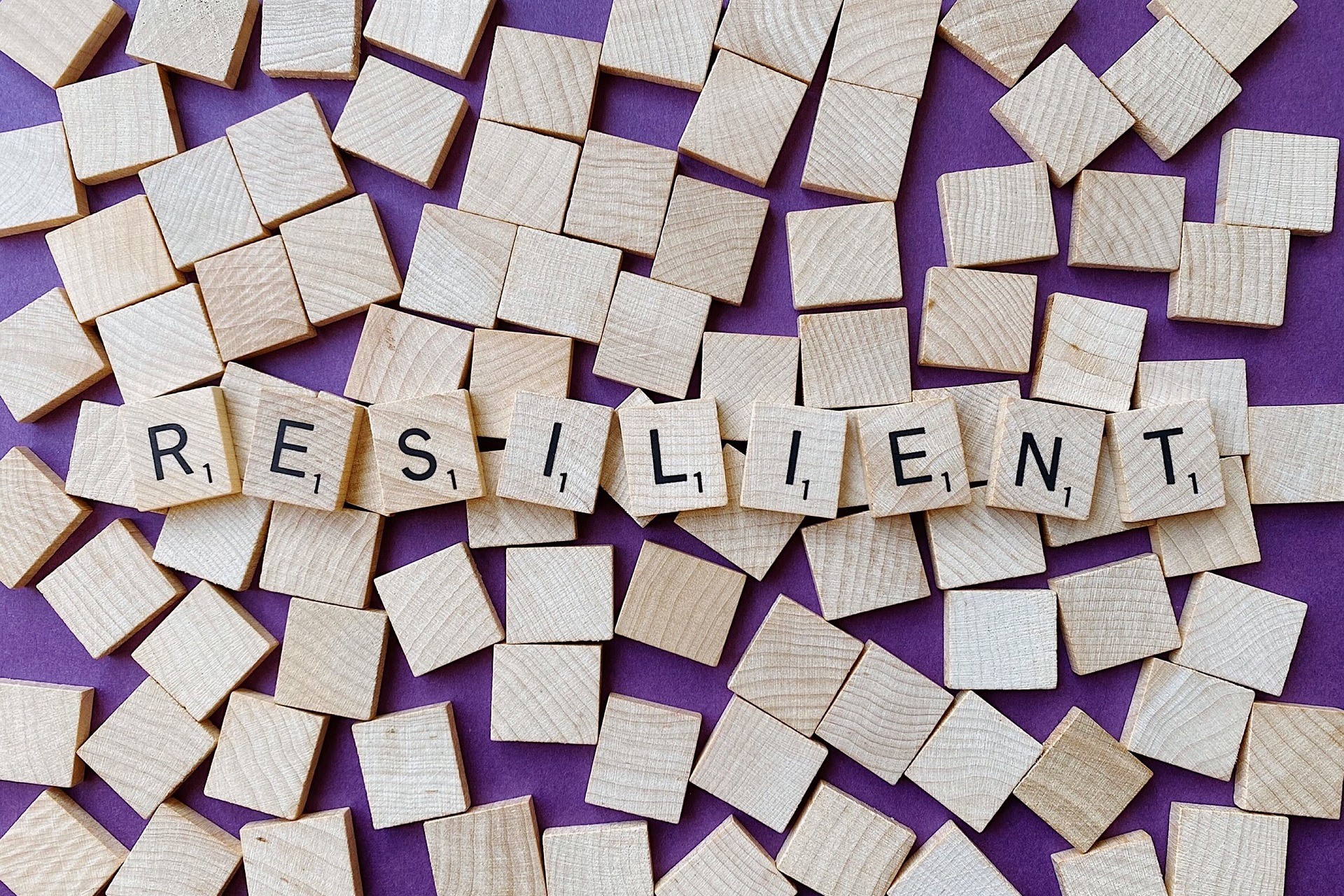Building Resilience Through Community Service
Engaging in community service can shape students in profound ways, one of which is building resilience. Resilience is the ability to bounce back from difficult situations, adapt to challenges, and keep moving forward. Life is full of unexpected problems and setbacks, and students who participate in community service often encounter these obstacles firsthand. However, rather than being discouraged, these experiences provide valuable opportunities for personal growth, especially when it comes to developing perseverance and adaptability.
When students volunteer in their communities, they are sometimes faced with situations that require creative problem-solving. For example, imagine planning a charity event only to have it delayed due to weather or another unforeseen circumstance. While this kind of setback might be frustrating at first, it forces students to think quickly and adjust their plans. Whether it means rescheduling the event or coming up with an alternative solution, they learn to find ways around problems rather than giving up. In the process, students develop perseverance, the ability to continue pushing toward a goal despite obstacles.
Handling difficulties during community service also teaches students to work under pressure. They might need to meet tight deadlines or work with limited resources, requiring them to stay calm and focused in stressful situations. Learning how to manage stress in a productive way is a key part of becoming resilient. Whether they are organizing a food drive or tutoring younger children, students in these roles are challenged to stay committed, even when the situation feels overwhelming. As they push through these challenges, they become more confident in their ability to handle adversity in the future.
Another important aspect of resilience is learning how to deal with failure. Not every community service project will go as planned. Sometimes, despite best efforts, things simply don’t work out the way students had hoped. Maybe a fundraiser doesn’t reach its goal, or a team of volunteers struggles to work together effectively. In these moments, students learn a crucial lesson: failure is not the end. Instead, it’s an opportunity to learn, grow, and come back stronger. Resilient students don’t let failure define them. They understand that setbacks are part of life, and they find ways to improve and move forward.
Teamwork is also a central part of many community service activities, and working with others can sometimes present its own set of challenges. Students might find themselves on a team where people don’t always agree or where some members are not as cooperative as others. These experiences can be frustrating, but they teach students how to navigate difficult relationships and find solutions that benefit everyone involved. Learning how to handle disagreements and collaborate with others, even when it’s challenging, is an important life skill that contributes to resilience.
The ability to adapt to changing circumstances is another key lesson that students gain from community service. In life, plans don’t always go the way we expect, and being flexible is an essential part of overcoming obstacles. Through volunteering, students often find themselves in situations where they must adjust to new information or changing conditions. For example, if a planned community clean-up day suddenly faces unexpected obstacles, such as a shortage of supplies, students need to come up with quick, creative alternatives to still achieve their goal. In learning to adapt, they become more comfortable with uncertainty and more capable of managing the unexpected.
Beyond these immediate challenges, the experience of contributing to the greater good can also build emotional resilience. Community service connects students to causes larger than themselves, giving them a sense of purpose and belonging. Even when a project is tough, knowing that their efforts are making a positive impact on others can be a powerful motivator. This sense of purpose helps students stay committed to their goals, even when the going gets tough, and reinforces their ability to persevere through difficulties.
Ultimately, the challenges that arise during community service are opportunities in disguise. They provide students with real-world experiences that help them grow, not only as volunteers but as individuals. Through facing these challenges head-on, students build the resilience that will serve them well, both in their academic careers and in their personal lives. They learn to keep going, to stay positive in the face of adversity, and to find creative solutions to even the most difficult problems. Resilience is not something that happens overnight. It is developed over time through experiences that test one’s patience, determination, and problem-solving skills. Community service offers these experiences in abundance, allowing students to develop a strong foundation of resilience that will help them navigate life’s inevitable challenges.

